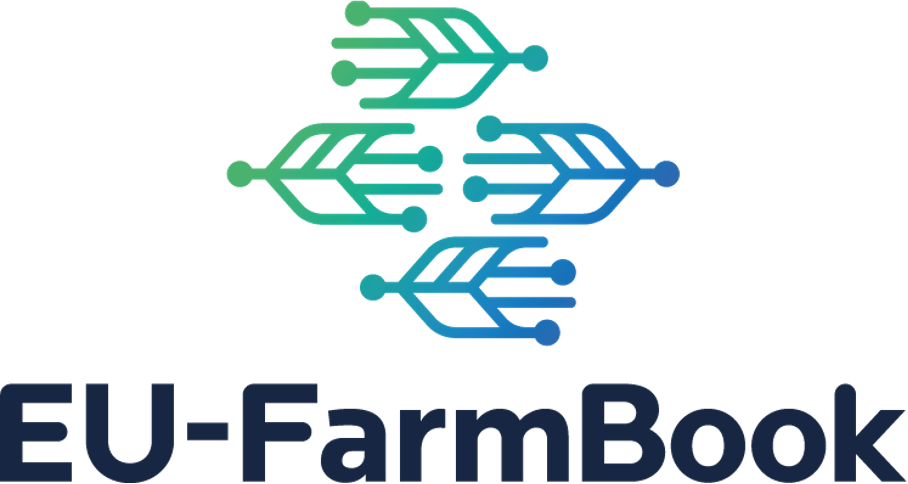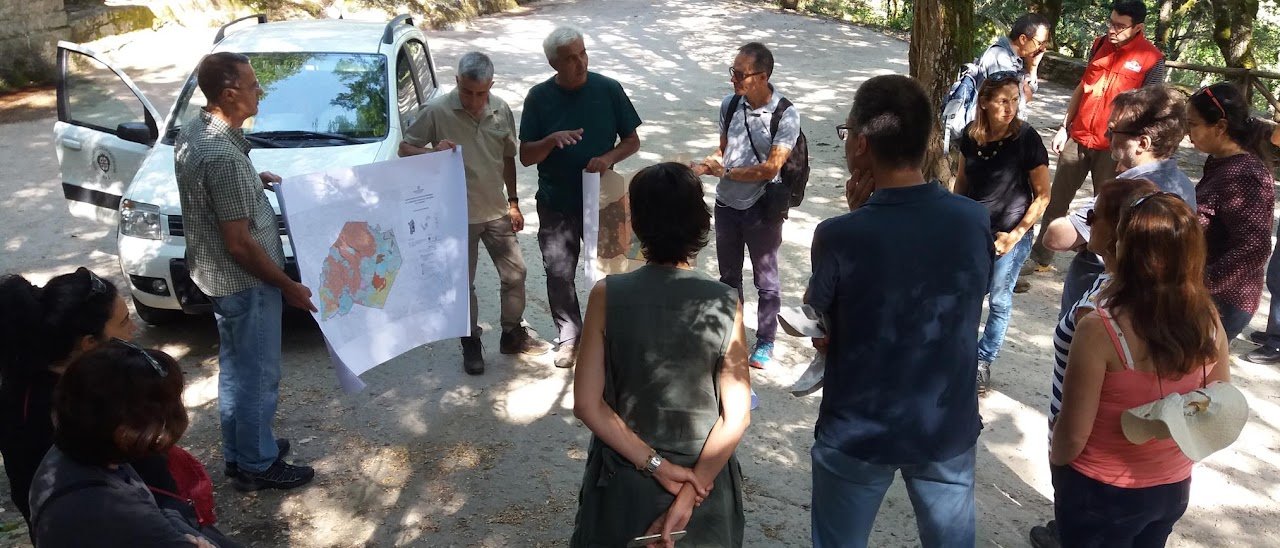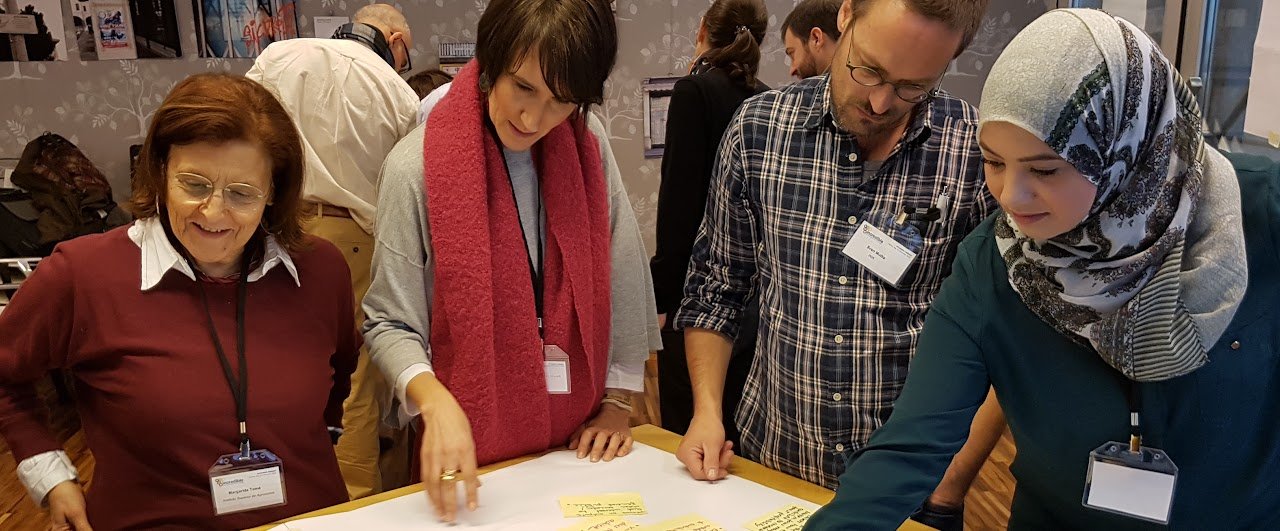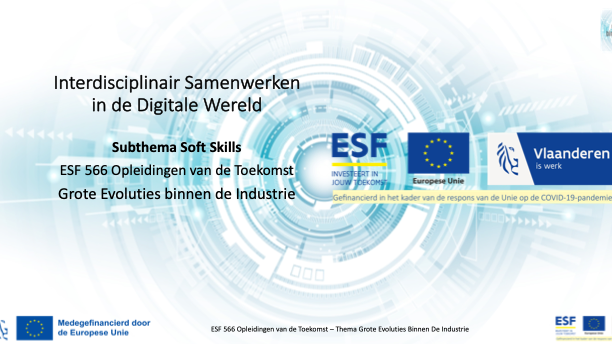
What We Do
STRATEGY
Oxford Learner's Dictionaries:
Strategy/ˈstræt̮ədʒi/ (pl. strategies) [countable]
- A plan that is intended to achieve a particular purpose.
Confronted with times of uncertainty, companies and authorities hesitate to take decisions (policy making, strategic investments, company strategy). One way to develop a dynamic strategy that offers robustness and resilience to a changing context, is the methodology pioneered by Shell: scenario planning. ESSET ENGAGE helps customers to analyse the contextual trends and uncertainties that will impact the future in which they will have to operate. By combining these driving forces, a set of diverging yet plausible and relevant potential futures - scenarios - are described and explored. These scenarios are then used to develop a portfolio of strategic options that enable to prepare a wider spectrum of futures. In the end, all elements are combined in an overall robust and flexible strategy.
“What is surprising is not the magnitude of our forecast errors,
but our absence of awareness of it."- Nassim Nicholas Taleb -
Taleb’s quote in his million selling book ‘The Black Swan’ reflects on the risks of rigid forecasting. How can we bypass the effects of randomness and be ready for the future?
Numerous sources report on the exponentially increasing ‘datafication’ of the world we live in today. There’s an overflow of valuable data, which should make it possible for leaders to take decisions independent of assumptions and wild guesses. How can we unleash that power of foresight and what could it offer to you? As foresight practitioners, we combine coaching techniques with future thinking in order to challenge mental models, convergent thinking and limiting beliefs. Foresight is more an art than it is a science. It can be seen as a facilitation of the strategic conversation or a challenge on future thinking. Foresight facilitators do not interfere with the content, they only manage the process and lead the path towards common visions.
References
EFSA (European Food Safety Authority) - Horizon scanning exercise on preparedness for future risk assessment requirements and possible challenges in regulatory science (2021 - RC/EFSA/ED/2021/01)
RSZ (Belgian National Office for Social Security) – Scenarios on social status of the seafearer (2022)
RSZ (Belgian National Office for Social Security) – Scenarios on the social security in Belgium by 2030 (2019)
FAO - Virtual expert consultation workshop. Significance of the forest sector for employment on global and regional scale. In collaboration with Thünen-Institute and the International Labor Organisation (2021)
Flemisch Government, department environment - Environmental scenarios in Flanders by 2050 (2020-2022)
Roadmap towards a carbon neutral Oleon (biotech sector, 2020)
Scenario based strategy for Sonangol (Angola, 2018)
FeBelGen (association of generics manufacturers) - Strategic foresight project & trend analysis (2013)
Asia-Europe Foundation - ASAP scenarios on multi-sector pandemic preparedness. The Asia-Europe Foundation (ASEF) is an intergovernmental not-for-profit organization which brings together people by acting as the civil society outreach of the Asia-Europe Meeting (ASEM). The ASAP scenarios acted on multi-sector pandemic preparedness, sponsored by the MOFA of Japan and in collaboration with the UN, WHO, FAO, World Bank and Red Cross/Red Crescent (2010 – 2014). Workshops scenario building: Siem Reap, Brussels, 2009, Shanghai (World Expo); 2010, Bangkok; Oct 2011, Brussels, Sept 2012; Contingency during pandemics (Budapest, 2012); Pandemics and Airlines (Frankfurt, 2013) Effective Communication for Public Health Emergencies (Bali, 2014 and Oslo, 2015)
• GSK Biologicals - Internal scenarios on pandemics (Wavre, 2011)
• Scenarios for the future of Burundi, Dutch Ministry of Foreign Affairs (2000)
• Roadmap for a carbon neutral Brussels Airport (2019)
• FP7 BEWATER (1014-2017) - River basin adaptation SLO plans for the Mediterranean area via a science-society stakeholder trajectory (2014-2017)
• FP7 Project IMPRESSIONS - Scenarios for High-End climate change by 2100. Adaptation roadmapping for Central Asia, Europe, Scotland, Iberia and 2 Hungarian communities (2015-2017)
PROJECT MANAGEMENT
Oxford Learner's Dictionaries:
Project/ˈprɒdʒekt/[countable]
- A piece of work involving careful study of a subject
over a period of time.
Esset Engage provides project management for international consortia involved in multi-actor challenges. Actually, Peter Rakers is appointed Strategic Coordinator of the Horizon Europe project EU-FarmBook (2022-2029).
EU-FarmBook is the answer to real needs of farmers, foresters and advisors. The Horizon Europe project offers an interactive, multi-lingual meeting place for agriculture and forestry communities, giving access to trustworthy knowledge objects according FAIR* data principles. EU-FarmBook users can interact and explore innovative ways to solve their daily challenges. Tangible impact of EU-FarmBook is generated via practice-oriented communications, various dissemination channels, on farm demonstrations, and widespread educational programs. Together with the related projects ModernAKIS and ATTRACTISS, EU-FarmBook supports the Member States’ AKIS Actors, CAP Networks and EIP-AGRI Service Points in a multi-actor approach.
*Findable, Accessible, Interoperable, and Reusable
Steven Libbrecht led the Community of Practice of the Horizon 2020 project INCREDIBLE (2017-2021).
INCREDIBLE project aims to build a bi-directional channel to connect science and practice in the production, processing and trade channels of Mediterranean Non-Wood Forest Products, an important natural resource to support sustainable forest management and rural development. To connect -and share- the knowledge and best practices of researchers, technicians, forest owners, among others stakeholders, INCREDIBLE is developing Innovation Networks (iNets) around five different groups of Mediterranean NWFPs: cork, resins, mushrooms & truffles, wild nuts & berries and aromatic & medicinal plants.
References
FP7 Project CLIMSAVE - Scenarios for climate change adaptation linked to a Integrated Assessment Modeling Tool (2009 – 2013)
FP7 Project VOLANTE - Vision on the future land use in Europe (2010 – 2013)
FP7 Project FOODSECURE - Scenarios, roadmapping for food and nutrition security (2011 - 2014)
FP6 Project PRELUDE - Scenarios on land use in Europe by 2030 (EEA, 2004)
SOCIAL LICENSE TO OPERATE
Oxford Learner's Dictionaries:
License/ˈlaɪsns/ [countable]
- An official document that shows that permission
has been given to do, own or use something.
Learningforsustainability.com: "Social License to Operate (SLO) refers to the level of acceptance or approval by local communities and stakeholders of organisations and their operations. It is based on the idea that institutions and companies need not only regulatory permission but also “social permission” to conduct their business. It is an outcome from the ways that our companies and institutions manage themselves (ethics, labour practices, sustainability, etc.) in their wider environment, and their risk communication and engagement activities with their stakeholders. Social license does not refer to a formal agreement or document but to the real or current credibility, reliability, and acceptance of organizations and projects."
Many high-tech or complex projects fail to anticipate public reactions and to proactively, constructively engage with stakeholders. As a result, the project or plan is compromised, often with important budgetary consequences. Furthermore, the actors involved and associated with the project need to engage in damage control operations and risk to incur a lasting bad reputation. ESSET ENGAGE offers services to proactively engage with stakeholders, in order to create a positive dynamics for major infrastructural or engineering projects.
By definition, stakeholders are parties that can impact or will be impacted by the project: Authorities that need to deliver permits, citizens living in the neighborhood, suppliers and contractors, etc. After a process of identification and mapping of stakeholder groups, ESSET ENGAGE designs and delivers the approaches to constructively and methodologically work towards the objectives*. By exploring the expectations and concerns of stakeholders at an early stage of the project, they can be integrated and addressed before they turn into (major) issues.
*Relevant norms:
GRI/GSSB norm GRI-413 on local communities
GRI/GSSB norm GR-414 on supplier social assessment
ISO-14001 and ISO-50001: stakeholder participation in environment and energy management systems
References that can be disclosed:
In 2010, ESSET ENGAGE consultants were responsible for the stakeholder engagement processes leading to the approval of MYRRHA, the construction of a highly innovative nuclear research infrastructure (budget: 1.5 billion €) in Mol, Belgium. This required stakeholder engagement processes in Belgian federal governmental circles, at European Commission level, but equally, a hands-on approach in local municipalities, involving local politicians and citizens.
Flemish Agency of the Environment (VMM) - Social License to Operate on flood risk territories in Flanders (2012).
Training & facilitation
Oxford Learner's Dictionaries:
Training/ˈtreɪnɪŋ/ [uncountable]
- The process of learning the skills that you
need to do a job.
Facilitation/fəˌsɪlɪˈteɪʃn/ [uncountable, singular]
- The process or fact of making something possible or easier.
ESSET ENGAGE provides training in foresight, interdisciplinary collaboration, negotiation, persuasion and conflict management. Peter Rakers is an external consultant at the Rotterdam School of Management since 2009, more particularly for the Master in Management, CEMS and International Exchange Programs.
As of January 2023, ESSET ENGAGE is a member of the consortium designing new skill for the future in Call 566 of the European Social Fund of Flanders, theme Soft Skills . Peter Rakers is also promotor (project leader) of another theme ‘Grote Evoluties binnen de Industrie’ (big evolutions in the industry), leading a team of 17 partners.
ESSET ENGAGE designs and facilitates workshops and other participatory processes in a multi-actor approach. In fact, about every reference to be found on this website is an example of how we work. Tailor-made process design combined with adaptation during execution is key to have a successful participatory trajectory.
References:
ESF 566; Theme 'Soft Skills', sub-theme 'Interdisciplinary Collaboration' (2023)
ESF 566; Theme ‘Grote Evoluties in de Industry, sub-theme ‘Soft Skills’ (2023)
Rotterdam School of Management; Training foresight, MBA International Exchange Program (2009 - )
European Patent Office; Training negotiation and conflict resolution, The Hague/Munich (2013-14)
Brussels Airport Company; Training negotiation and conflict resolution skills, Brussels (2011-2015)
Sappi Europe; Training negotiation and conflict resolution skills, Ljubljana (2015)
Immoweb; Training negotiation and conflict resolution skills, Brussels (2021)
FP7 Project CLIMSAVE - Scenarios for climate change adaptation linked to a Integrated Assessment Modeling Tool (2009 – 2013)
FP7 Project VOLANTE - Vision on the future land use in Europe (2010 – 2013)
FP7 Project FOODSECURE - Scenarios, roadmapping for food and nutrition security (2011 - 2014)
FP6 Project PRELUDE - Scenarios on land use in Europe by 2030 (EEA, 2004)
INNOVATION
Oxford Learner's Dictionaries:
Innovation/ˌɪnəˈveɪʃn/ [uncountable]
- The introduction of new things, ideas or ways
of doing something.
Innovation is no longer restricted to the confines of one particular company. Open innovation, lean innovation processes, creating and leveraging innovation ecosystems: they require collaboration and deep engagement from those involved. Furthermore, many sectors will have to go through major transitions in the years to come: decarbonising the value chains, reconfiguring industrial processes based on alternative primary materials, logistical chains that need to be rethought...
ESSET ENGAGE offers a range of services to tackle innovation challenges, such as:
• Developing business models, value propositions for specific cases
• Engaging sector actors in reflections on alternative value chains, value constellations, value blueprints, in order to achieve the sector transition to a more circular economy.
References that can be disclosed:
ESF 566; Theme 'Grote Evoluties in de Industrie', sub-theme 'Soft Skills Digitalization' (2023)
ESSET ENGAGE consultants have been (lead) facilitators in a European project, RESYNTEX (www.resyntex.eu), aimed at exploring and testing ways to enhance circularity in the textile industry. Our contributions focused on designing and facilitating stakeholder workshops aimed at mapping and reconfiguring value constellations for the textile value chain, exploring how entirely different, circular, value chains might look like, how the roles of actors would change etc.
In 2010, ESSET ENGAGE consultants were responsible for the stakeholder engagement processes leading to the approval of MYRRHA, the construction of a highly innovative nuclear research infrastructure (budget: 1.5 billion €) in Mol, Belgium. This required stakeholder engagement processes in Belgian federal governmental circles, at European Commission level, but equally, a hands-on approach in local municipalities, involving local politicians and citizens.
ESSET ENGAGE has coached and continues to coach starting companies such as high-tech spin-offs, but also new companies in the non-wood forestry product sector and in the energy technology sector.













